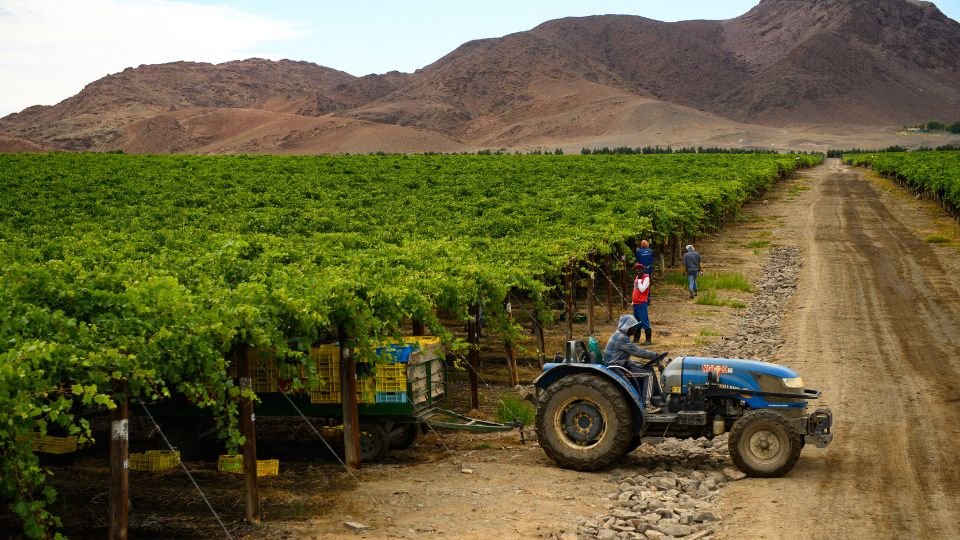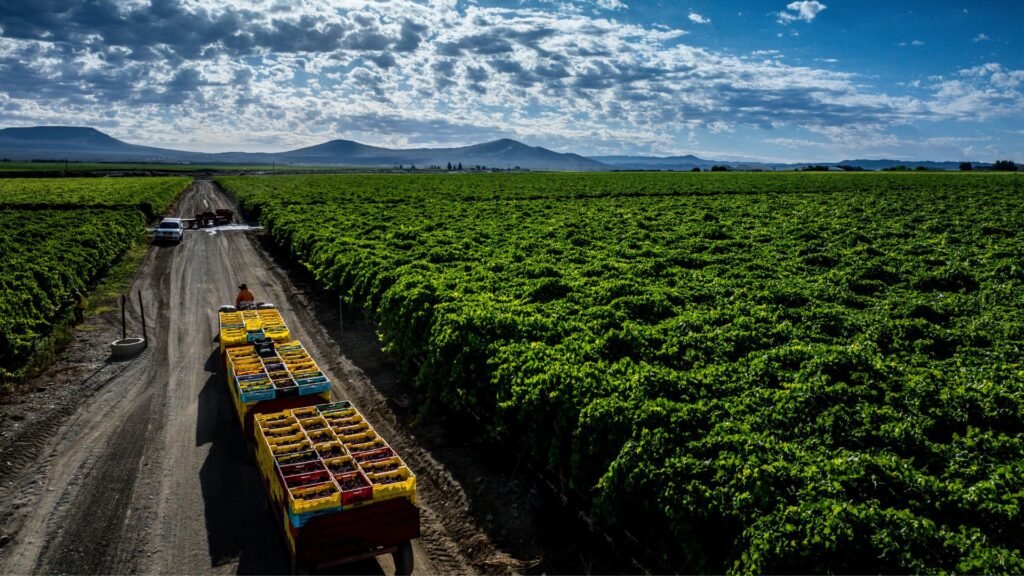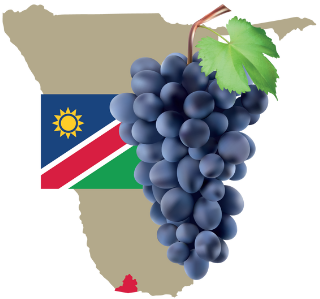About Us
Namibia Grape Company (NGC) is a leading grape producer in Namibia, located on the banks of the Orange River.
Rooted in Namibia, Growing with Purpose
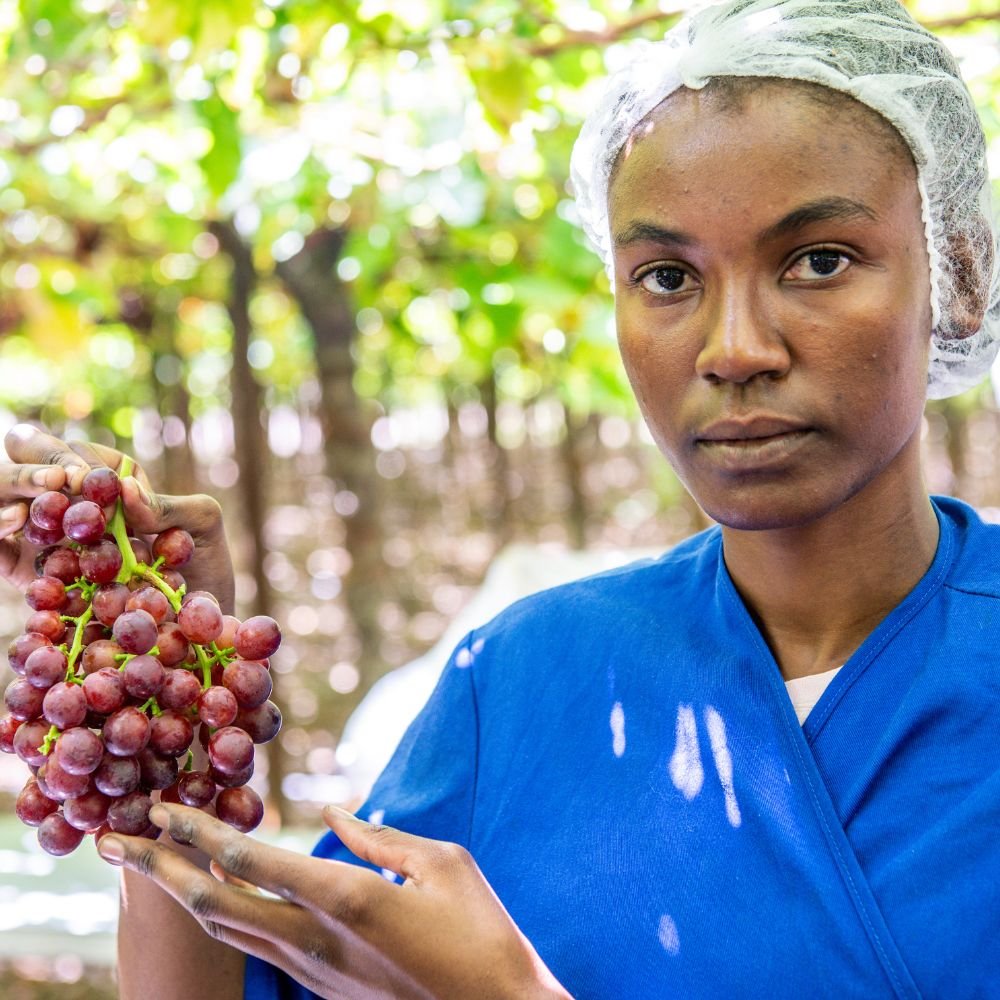
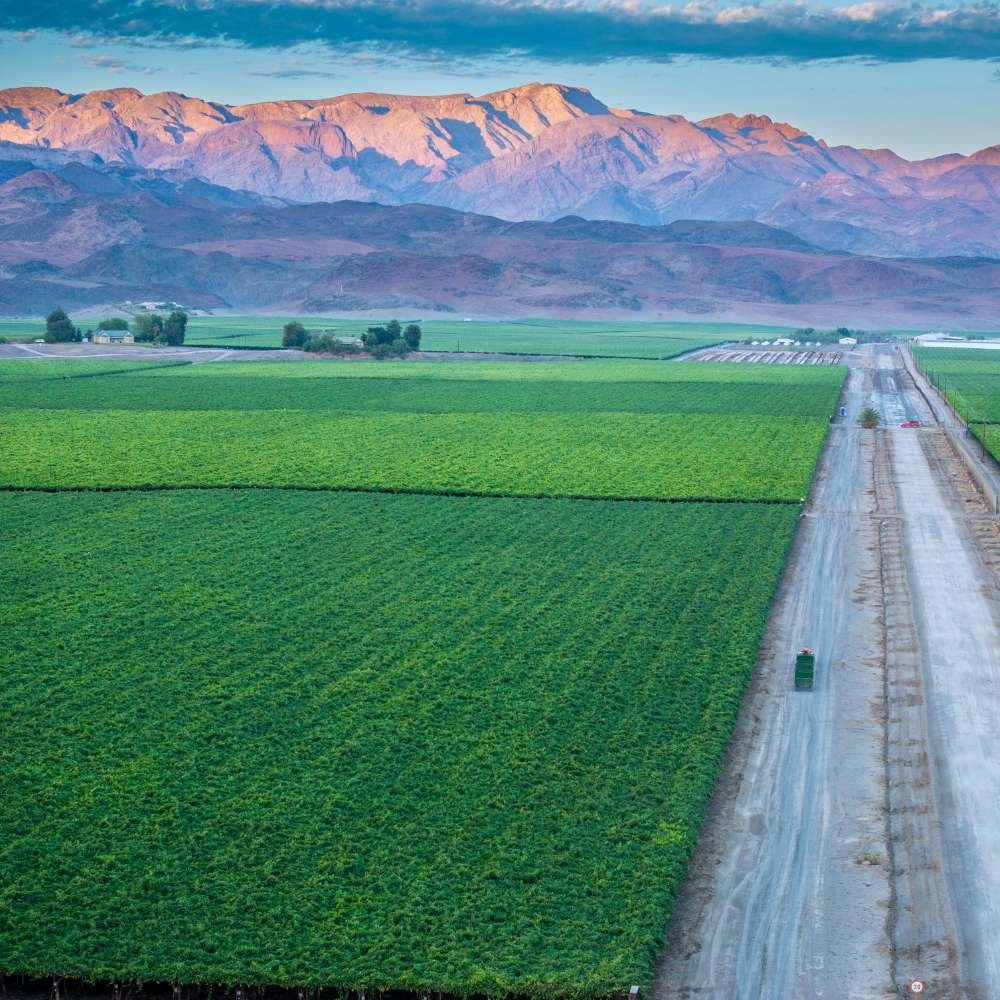

Namibian Grapes
Ownership and Strategic Mandate
Size and Expansion Potential

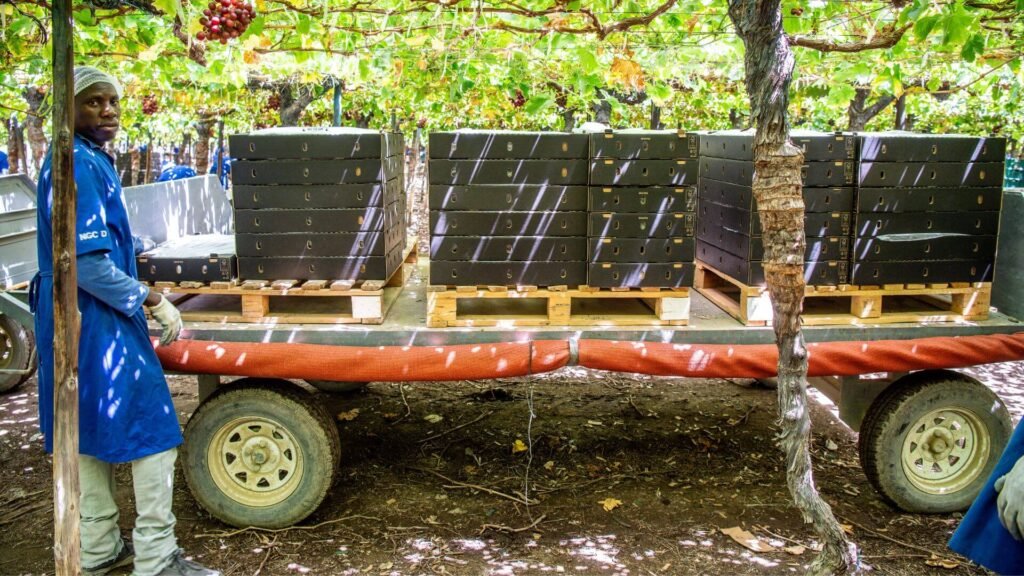

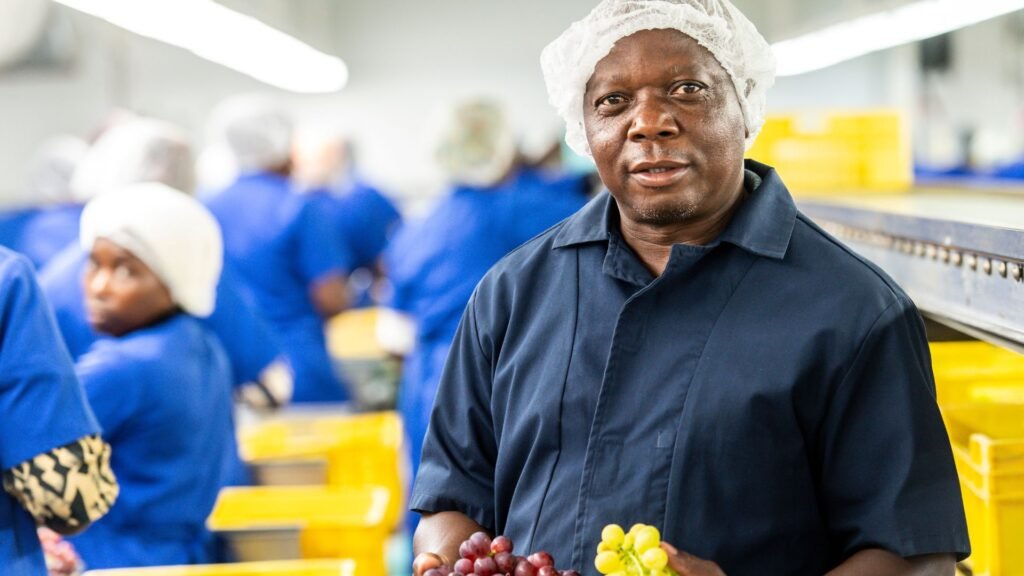
Our Team
Board of Directors and Management
NGC is fully owned by the Namibian government through the National Youth Service, with its operations guided by a dual focus on commercial performance and rural development. The company exists not only to grow world-class grapes but also to empower communities and build capacity in a region where formal employment opportunities are limited.
Our People
The People Behind the Produce
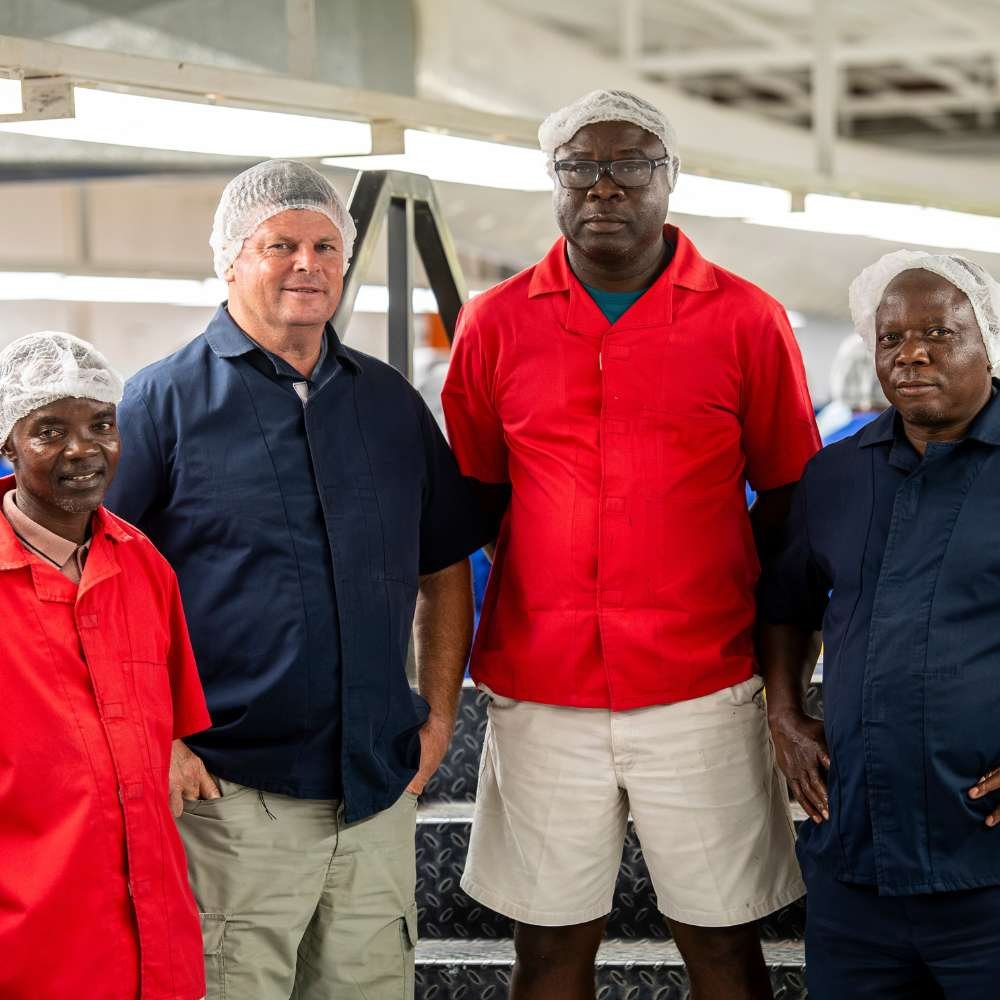
Local Roots, Regional Impact

Local Roots, Regional Impact
NGC is fully owned by the Namibian government through the National Youth Service, with its operations guided by a dual focus on commercial performance and rural development. The company exists not only to grow world-class grapes but also to empower communities and build capacity in a region where formal employment opportunities are limited.
